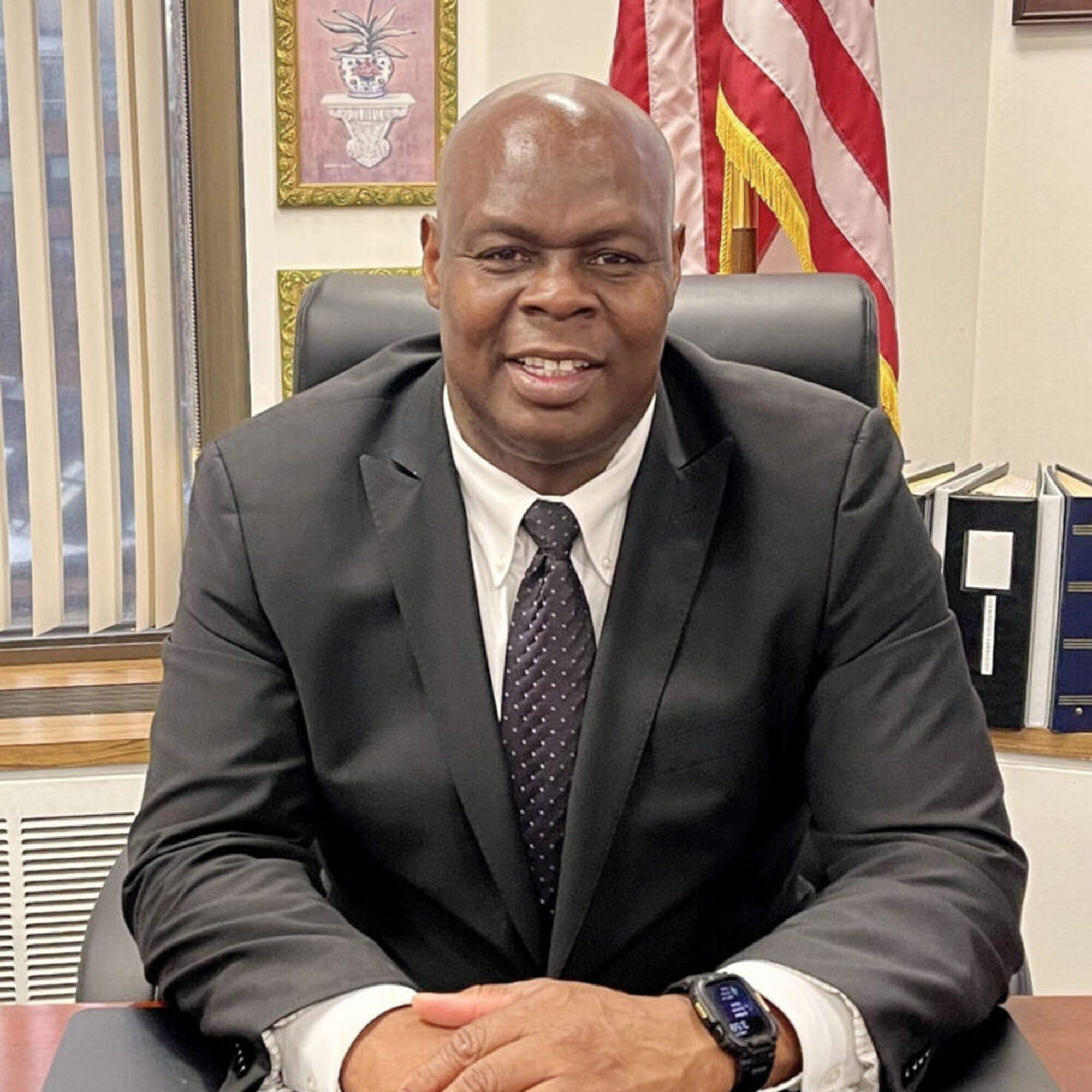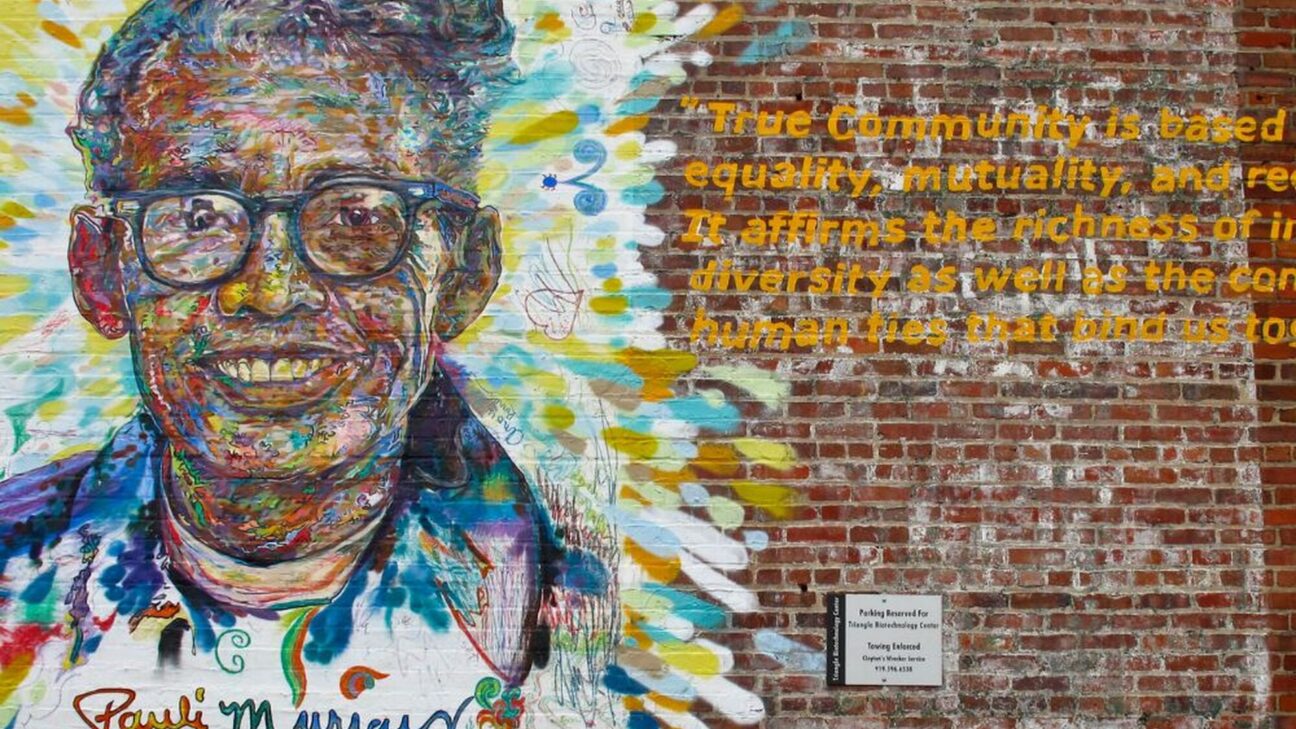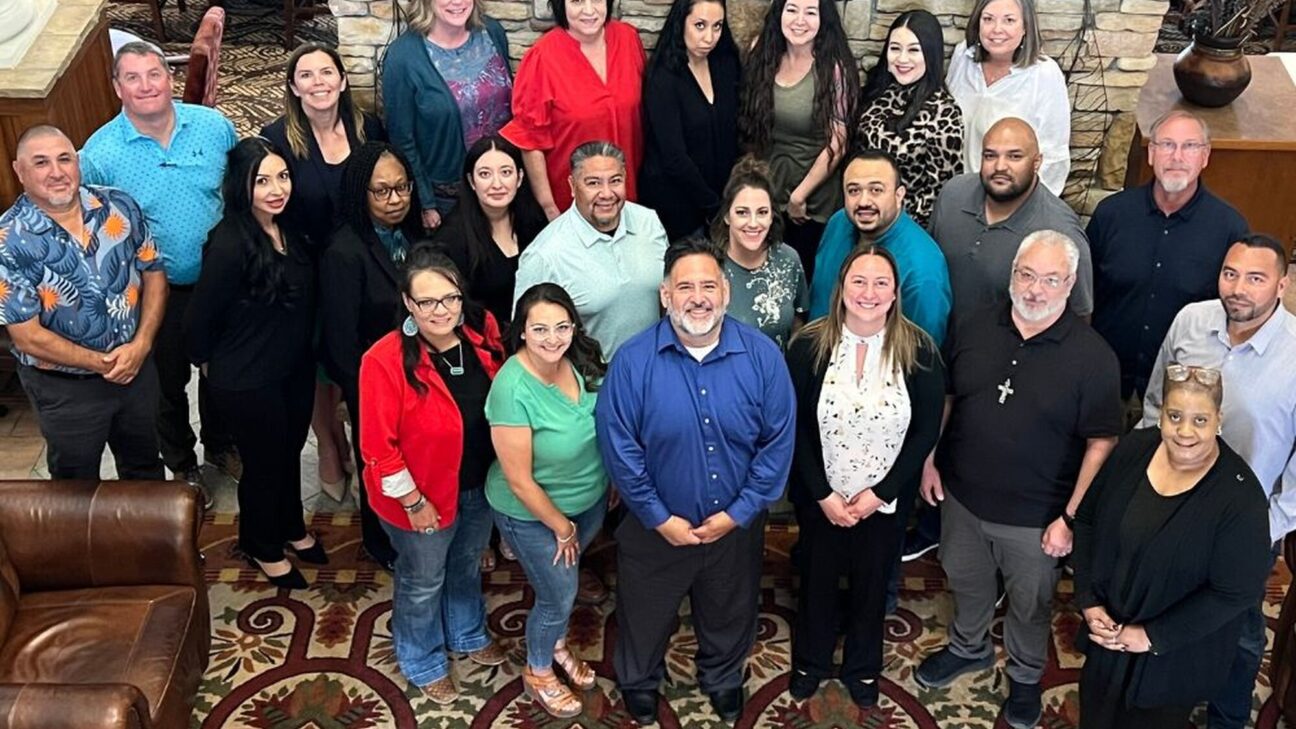While staffing shortages in state prisons often garner headlines, some community supervision agencies report high staff vacancies. APPR spoke to Pamerson Ifill, a leader in the probation field, for lessons that can be applied to pretrial services and other community supervision agencies.
Since 2016, the Massachusetts Probation Service, which oversees the Pretrial Services Division, has worked to increase diversity within its ranks. Ifill, who was recently promoted to become the state’s first Black commissioner of probation, leads these efforts. Diversity within the agency has steadily grown under his leadership, resulting in a bigger hiring pool and successful outcomes for people on pretrial monitoring and probation. Commissioner Ifill describes how he approached the problem, attracted a diverse pool of skilled candidates, and ensured they not only grew in their jobs to serve people supervised by probation but also achieved personal and professional satisfaction.
APPR: What were some of the issues with diversity you saw in the Massachusetts Probation Service?
Commissioner Pamerson Ifill: One issue was the lack of diversity in our hiring pool and the lack of outreach to communities of color. We needed to look at the communities we serve and make sure that we were not interviewing without a diverse pool. We were looking at our data to see if certain positions were less diverse than others. We’ve started a concentrated effort on better outreach and better hiring. We moved to a behavioral interviewing model, and we’ve got questions on our applications about working with diverse populations. We’ve had our own data tracking system since 2016, where we track employment, hiring, and promotion. That helps us know where we need to get better. We increased our team’s diversity by 21 percent in seven years. More than a third (36 percent) of our current staff are people of color.
APPR: Can you tell me about how you increased outreach into communities of color?
Commissioner Ifill: We asked Human Resources to reach out to different organizations that serve predominantly BIPOC communities and communities with people from marginalized or disadvantaged backgrounds. Right now, we post everywhere, trying to reach people across the spectrum. We post on LinkedIn, and we’re advertising in Black, Latino, Asian, and Hispanic newspapers.
APPR: What do the interview pools look like now?
Commissioner Ifill: Even though we ask diversity-related questions on our application, we want to do more than that to make sure we’re putting together a truly diverse pool. For example, if we are working in places where we need language skills—Spanish, Portuguese, Haitian Creole, whatever the language—we want to make sure that applicants who speak these languages can communicate in them and feel good about applying.
APPR: I’m interested in how you improved training for people already employed by your agency. Can you walk me through those improvements?
Commissioner Ifill: We weren’t sure that all of our managers understood that for us to address issues of racial and ethnic disparity, they need to understand and know the communities they serve. To change that, we developed a comprehensive training called “Seeing RED” that focused on training every employee around racial and ethnic disparities. It is a six-and-a-half-hour training to provide all of our managers with knowledge about the issues of race, ethnicity, gender, and implicit bias while also tracing the historical impact of mass incarceration and the “war on drugs” on communities of color. That program is mandatory, and it has worked. We run that quarterly.
Also, about 22 years ago, we created the associate probation officer position. It’s a step-up position for people who are going to go on to be probation officers. In 2020, only 27 percent of that pool were people of color. That was an issue because that was the gateway into probation, and those folks go on to become assistant chiefs and chiefs. We decided we needed to be targeted and intentional, and we succeeded: that group is now 48 percent people of color.
APPR: How are you making sure there’s diversity in the pool of applicants for those roles?
Commissioner Ifill: A lot of young kids of color don’t have the networks to get internships in the city or the court system. But if you talk to them, you’ll realize that they’ve got all of their problem-solving skills, they’ve had to live tough life experiences, they’ve come from challenging schools. So when we’re interviewing them, we want to make sure they feel comfortable telling us about those challenges. When you hear about kids working through something difficult, that’s the kind of kid I want to hire because they can also relate to the people we deal with in the criminal justice system who have also faced adverse childhood experiences. We focus on kids who may not have the networks and connections but have worked through difficult challenges throughout their lives. When we get them in, they become fundamentally excellent probation officers and employees.
We increased our team’s diversity by 21 percent in seven years. More than a third of our current staff are people of color.
Commissioner Pamerson Ifill, Massachusetts Probation Service
APPR: How has increasing diversity improved probation services?
Commissioner Ifill: I don’t know if you know this, but I’m the first Black commissioner in the Commonwealth: the first one in 145 years in Massachusetts, and the first probation service in the nation. I’m trying to tell you that I bring a social equity lens to the conversation. And the people we are hiring are also bringing that. When young men and women of color walk into probation departments in courthouses, and they see people who look like them, who treat them with dignity and respect, that’s powerful. Just to show the impact, in 2019, we were doing about 30,961 violations a year; we’ve cut that to 17,261 violations, a 44 percent decrease. We’re much more empathetic, understanding, and supportive.
APPR: That’s quite the reduction in probation violations. What do you credit that to?
Commissioner Ifill: A lot of this has to do with who we are hiring. In the old days of probation, the tactic used to be to trail ‘em, nail ‘em, then jail ‘em, and we’ve moved away from that. We used to hire a lot of folks who were law enforcement-oriented. We now hire people with substance use training and with mental health and human services backgrounds. Accountability is important, but we’ve moved away from community supervision being only about probation rules and violations. It’s about how we get people to treat their substance use disorder and address mental health issues. We hire people with those kinds of skills who understand the framework of the types of services and support needed. We’re also a much more evidence-based organization. We are hiring people who care about the success and the outcomes of people under supervision. It isn’t just about locking people up anymore. It’s about knowing that if we can help you treat the disorder or find you support, housing, and employment, you’re not going to come back.
APPR: Did you need to get more funding or garner stakeholder support to achieve your goals?
Commissioner Ifill: All of the stakeholder support is there. This is an all-hands-on-deck issue. We used funding in our budget. The legislature provided some funding to the larger trial court for the newly created Office of Diversity and Inclusion.
APPR: What are you doing to ensure that people who are hired into probation roles advance and are promoted?
Commissioner Ifill: So, something we’re very excited about that just launched is a major mentoring initiative for anybody who gets hired.
APPR: How have people within the agency responded to all of the changes?
Commissioner Ifill: It’s been overwhelmingly positive. Our people are committed to improving the lives of other people regardless. I do think that we’ve got people who don’t always agree with this concept, but we’re beginning to see all the benefits. That means reduced recidivism, a more diverse hiring staff, better outcomes, more support, and better language skills. We can talk to people across diverse races, cultures, ethnicities, and genders. We’re hiring people from all sorts of different orientations and backgrounds. Together, once we learn how to engage, support, and talk to each other, we are a higher-performing organization. In our last probation class, 22 out of 44 individuals were people of color.
APPR: What has this meant for staff wellness and retention?
Commissioner Ifill: We have a very low turnover rate within the probation service. Massachusetts is one of the higher-paying states of any probation entity. But I think people enjoy the work. In 2017, I decided that we were going to create a celebration to honor diversity. It started with 80 people, and now more than 300 people across 70 locations celebrate diversity in all of its forms—music, sound, dance, culture, spoken word—every October. Now we’re coming up on our eighth year, and it is the largest celebration in any trial court around the country. We just slow down or stop working for an entire week, and we focus on how we celebrate the diversity within the trial court and with each other.
APPR: You touched on this throughout our conversation, but why is it so important to create diversity within the agency?
Commissioner Ifill: We can’t have access to justice unless we’re able to treat all citizens of the Commonwealth with the dignity and respect they deserve. The data tells us that we haven’t always done that. If we’re going to improve people’s perceptions about equity and fairness, we’ve got to start within the court system. For far too long, people of color have borne the brunt of the injustices that the criminal legal system has on impacted people. I think if we can continue to do this work, we can send a message that this is a fair and transparent criminal justice system.
APPR: What hopes do you have for the future of diversity within probation services? Are there any plans underway to introduce additional initiatives?
Commissioner Ifill: This is about continuously looking at our numbers, individual outcomes, and hiring to create a more fair and transparent system. I think the main thing for us is training. But at the end of the day, this is about agency accountability. I just instructed the first deputy to work on transforming our training academy and building a new curriculum that provides pathways and opportunities for people of color and other underrepresented identities working within the agency. We’ve got to talk about making sure that when we post jobs, there is a diverse applicant pool and be intentional about this outcome. If we are not achieving that goal, we need to go back and reexamine, then ask questions and take corrective steps to address the problem. We hope that through these continued efforts, our recruitment, hiring, and retention processes continue to thrive. We believe that centering equity and inclusivity has a positive impact on staff wellness, organizational morale, and how we serve people on community supervision.
When you hear about kids working through something difficult, that’s the kind of kid I want to hire because they can also relate to the people we deal with in the criminal justice system who have also faced adverse childhood experiences.
Commissioner Pamerson Ifill, Massachusetts Probation Service





